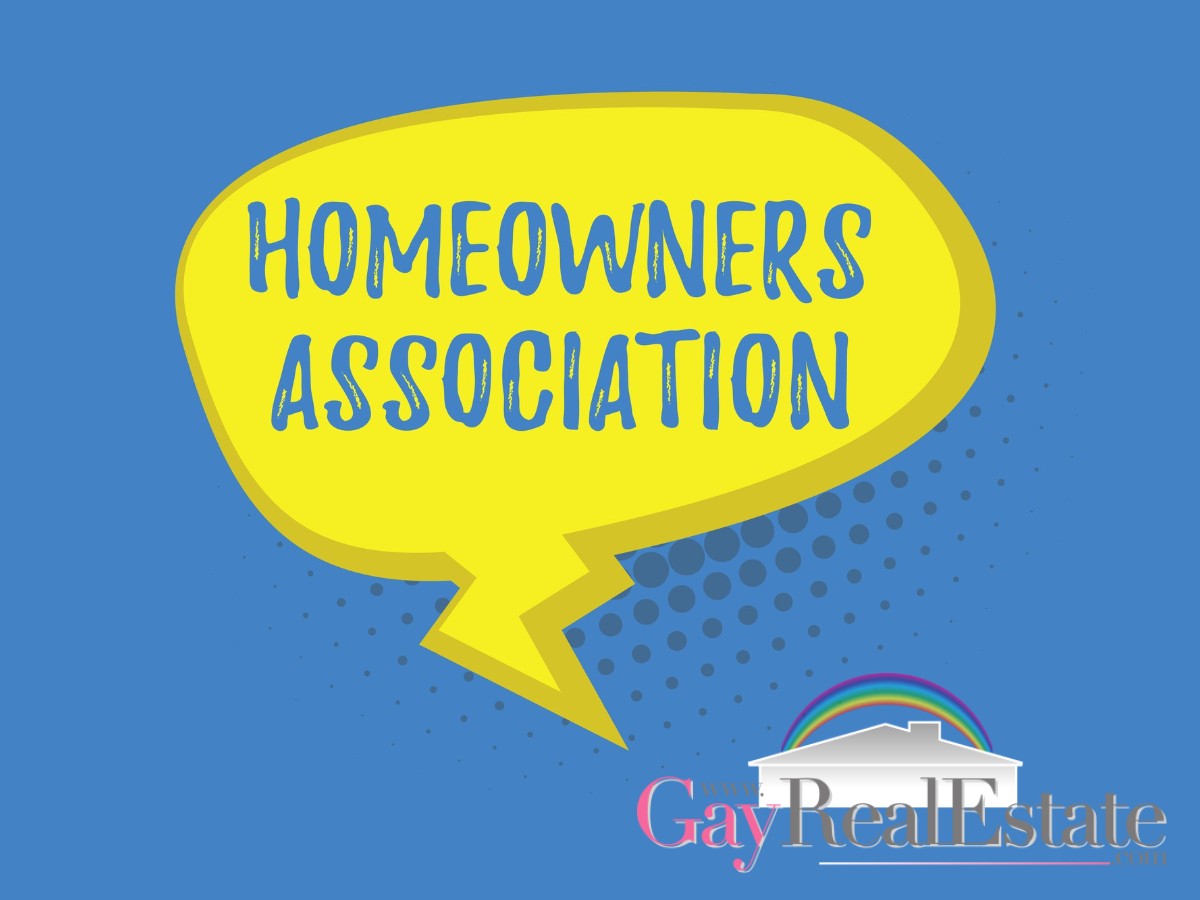When buying a condominium, townhome or patio home, one of the most important factors to consider is whether or not the community is governed by a Homeowners Association (HOA). An HOA is responsible for the management and upkeep of common areas and amenities, as well as the enforcement of community rules and septic tank regulations.
While an HOA can be beneficial in many ways, it’s important to assess the risks associated with it before making a purchase. In this post, we’ll discuss some of the key factors to consider when accessing the risks of an HOA association.
Firstly, it’s important to understand the fees associated with an HOA.
Most HOAs charge monthly or annual fees to cover the cost of maintaining common areas such as landscaping, pools, elevators, and clubhouses. The fees can vary greatly depending on the amenities and services provided, as well as the size and age of the community.
In addition to regular fees, an HOA can also charge special assessments for unexpected repairs or upgrades. It’s important to know what the fees are and what they cover before making a purchase. You don’t want to find yourself in a situation where you can’t afford to pay the fees or special assessments, which can result in late fees, interest charges, and even legal action.
Secondly, you should assess the rules and regulations of the HOA. Every community has a set of rules and regulations that govern everything from the color you can paint your front door to the number of pets you can have. While these rules are intended to maintain a harmonious and aesthetically pleasing community, they can also be a source of conflict and frustration for residents.
Make sure you read and understand the HOA’s rules and regulations before making a purchase – your GayRealEstaste.com agent can assist you with obtaining these documents in advance of writing and offer. If there are rules that you can’t live with, it’s better to know before you buy.
Another important factor to consider is the financial stability of the HOA. You should review the HOA’s financial statements and budget to determine if it’s financially stable. A well-managed HOA will have a healthy reserve fund for unexpected repairs and upgrades, and will also have a good track record of collecting fees from residents. A poorly managed HOA, on the other hand, may have a history of financial mismanagement, which could result in special assessments or higher fees.
It’s important to review the HOA’s financials to make sure you’re not buying into a community that’s financially unstable.
Additionally, you should assess the management of the HOA. A well-managed HOA will have a professional management company or a board of directors that is actively engaged in the management and oversight of the community. This includes everything from enforcing rules and regulations to overseeing maintenance and repairs. On the other hand, a poorly managed HOA may have a board that’s disengaged or unresponsive to the needs of the community, which can result in neglect and disrepair of common areas and amenities.
It’s important to assess the management of the HOA before making a purchase to ensure that you’re buying into a well-managed community.
Lastly, you should assess the litigation history of the HOA. This includes any lawsuits that have been filed against the HOA, as well as any pending litigation. Litigation can be a red flag that the community is experiencing conflict or financial instability. While a single lawsuit may not be a cause for concern, a history of litigation could indicate larger issues within the community.
It’s important to review the litigation history of the HOA to make an informed decision about whether or not to buy into the community.
In conclusion, it’s important to assess the risks associated with an HOA before buying a condominium. This includes reviewing the fees, rules and regulations, financial stability, management, and litigation history of the HOA. By doing your due diligence, you can make an informed decision.
Jeff Hammerberg is a distinguished entrepreneur and broker, and the visionary founder of GayRealEstate.com. For over 25 years, he has been a prolific writer, coach, and author who has been instrumental in advancing the cause of fair, honest, and equitable representation for all members of the LGBTQ+ community in real estate matters. GayRealEstate.com, which he established, is the largest and longest-running gay real estate agent referral service in the nation, boasting over 3500 LGBTQ+ realtors who operate in cities across the United States. His commitment to promoting inclusivity and accessibility in real estate has earned him a reputation as a passionate advocate for the LGBTQ+ community.



